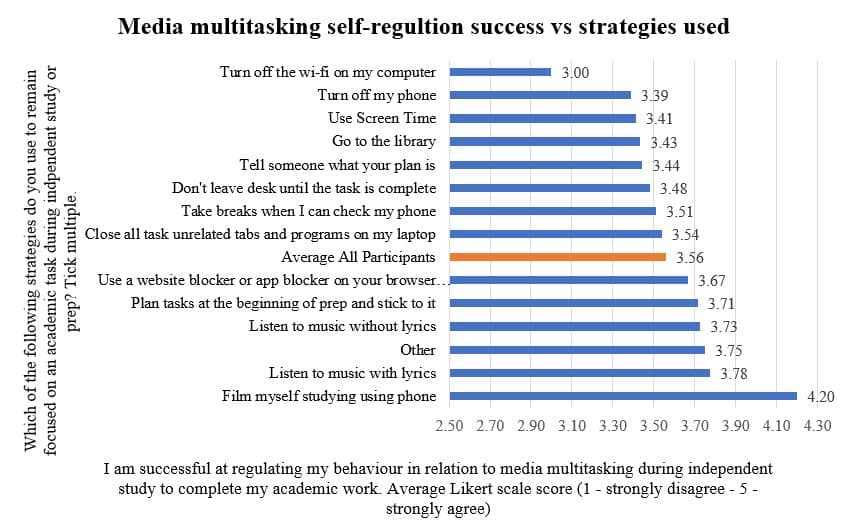Beating Digital Distraction
Head of Theology, Philosophy and Ethics, Charles Wallendahl, reports on findings from his research into Upper Sixth pupil study habits as part of an MA in Education Technology at UCL.

Image by Gerd Altmann.
As exam season edges closer, it seems apt to share some of the conclusions of recent research into the study habits of the current Upper Sixth. In 2022, 81 pupils participated in a UCL study which considered media multitasking, engaging with screens whilst studying, and pupils’ ability to self-regulate their behaviour. Prior research (Ward et al., 2017) with undergraduates has found that the ‘mere presence’ of smartphone devices ‘reduces available cognitive capacity’ and students can perform 20% worse. Pupils at Teddies agreed in a questionnaire and found that engaging with social media on phones during independent study was associated with a much-diminished perceived ability to self-regulate.
Encouragingly, pupils in the Sixth Form reported a range of strategies (see chart below) to mitigate the negative influence of media multitasking. The research study participants alerted me to the novel strategy of self-filming studying using the time-lapse feature of their phone and it shows promise in mitigating the negative effects of media multitasking.

Self-filming is probably successful as it occupies the smartphone, the primary source of distraction, during independent study and it is a way to track the length and focus of academic work. The strategy provides self-accountability and overlaps with the “study with me” phenomenon, known as ‘gongbang’ in South Korea or ‘benkyou douga’ in Japan, where students live stream their study sessions. So maybe next time you find yourself procrastinating on your phone, self-filming might help get the work done!